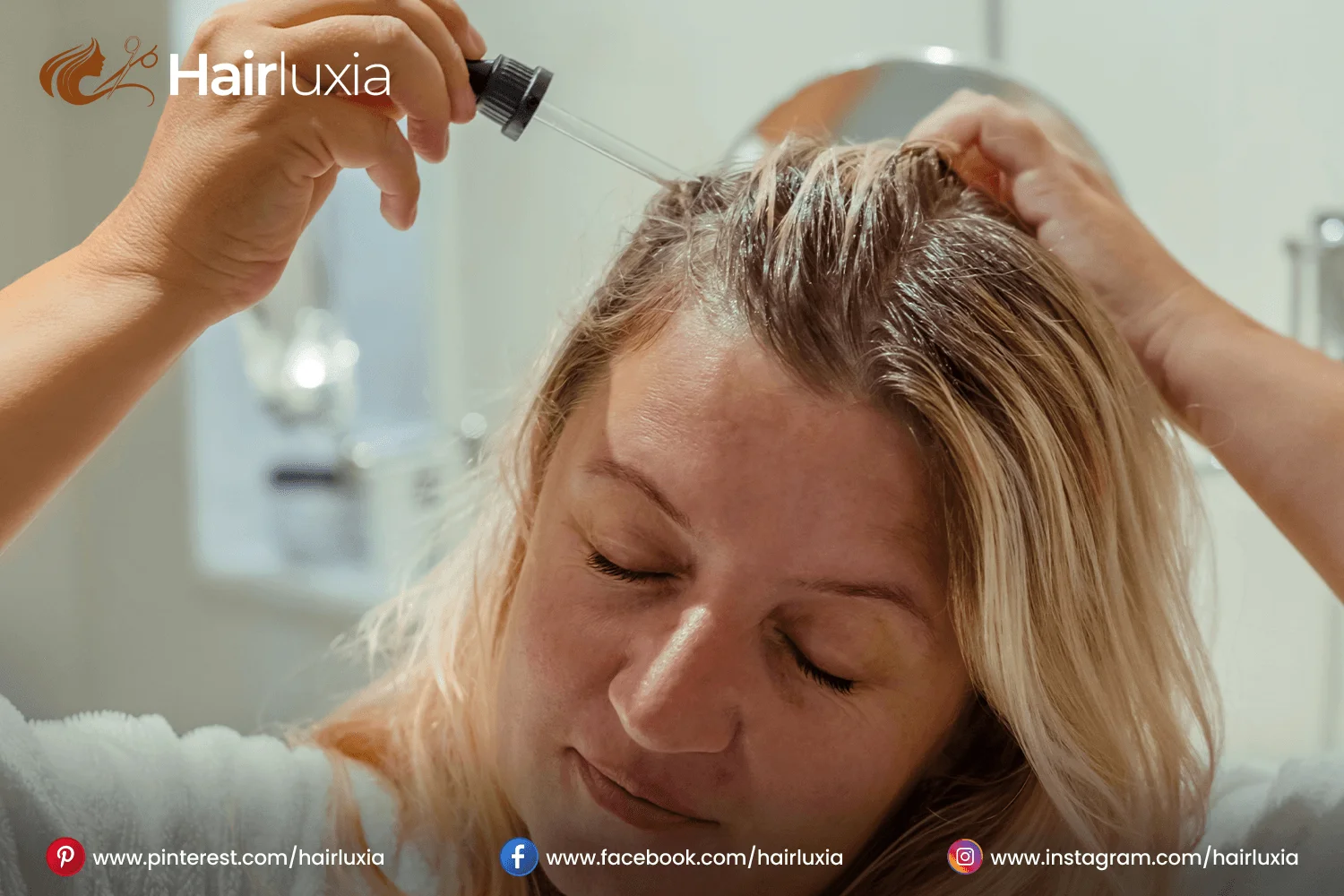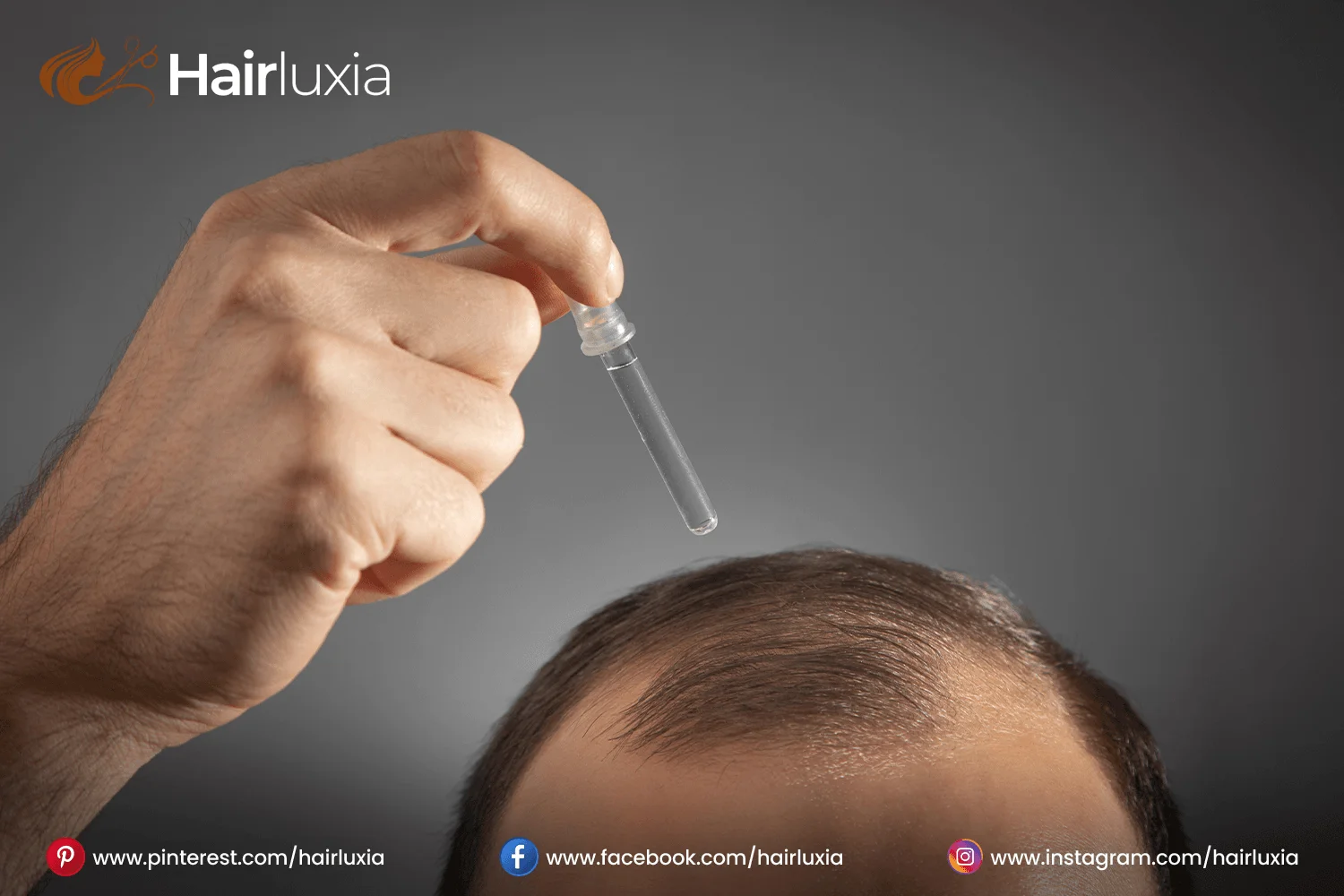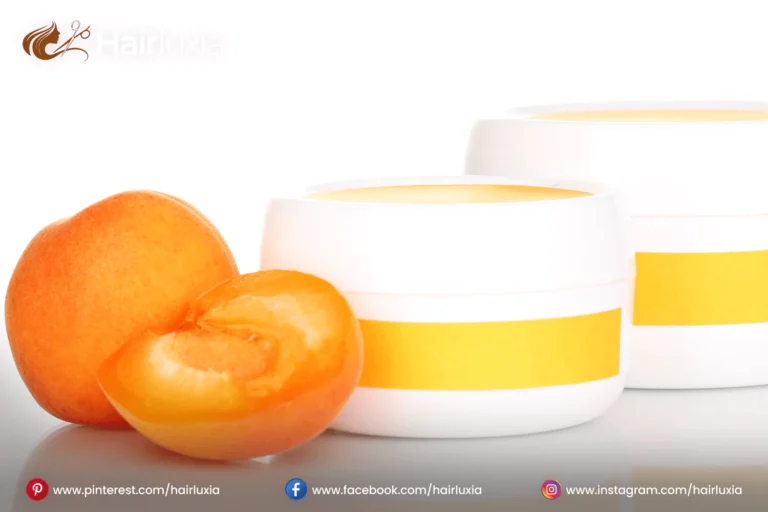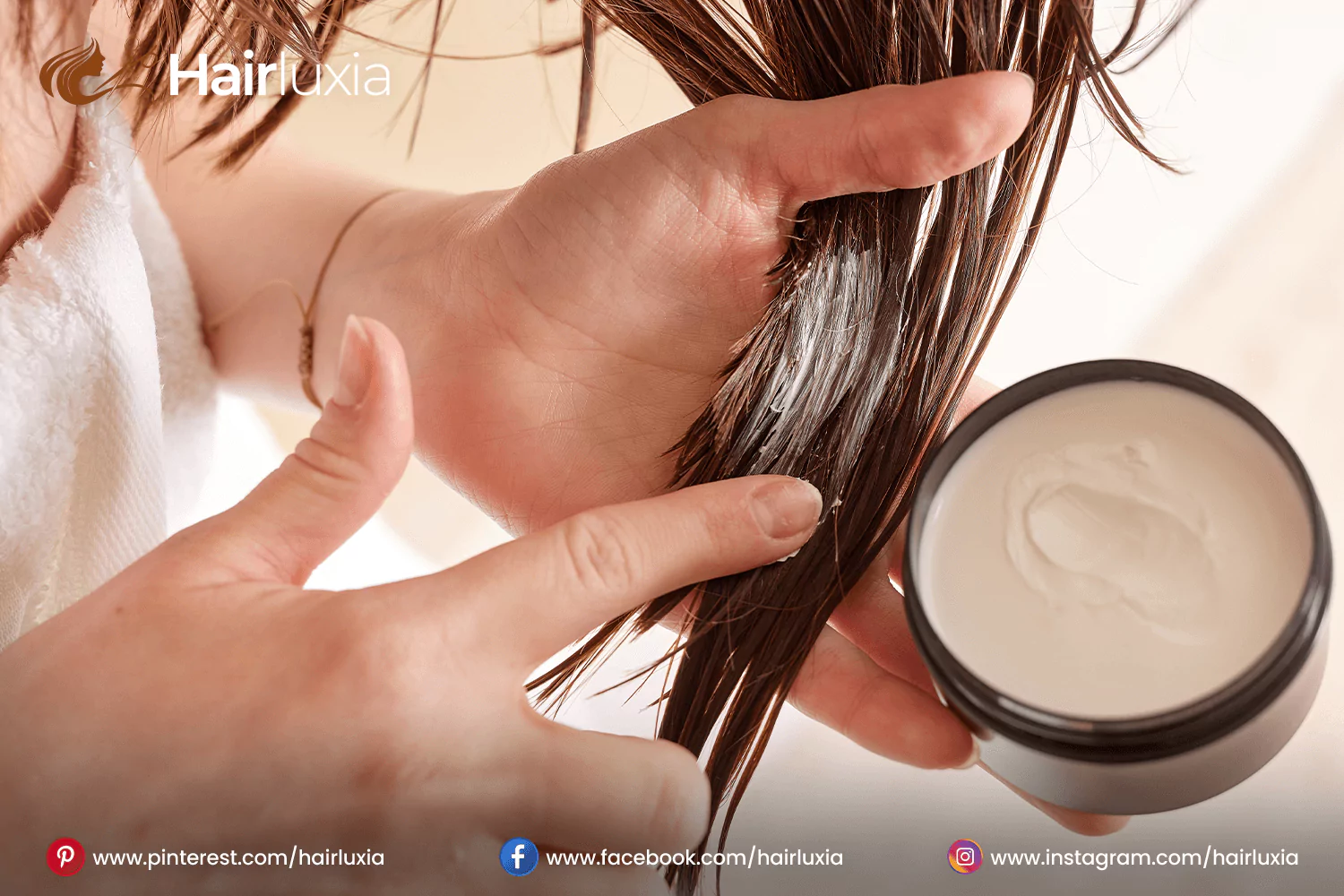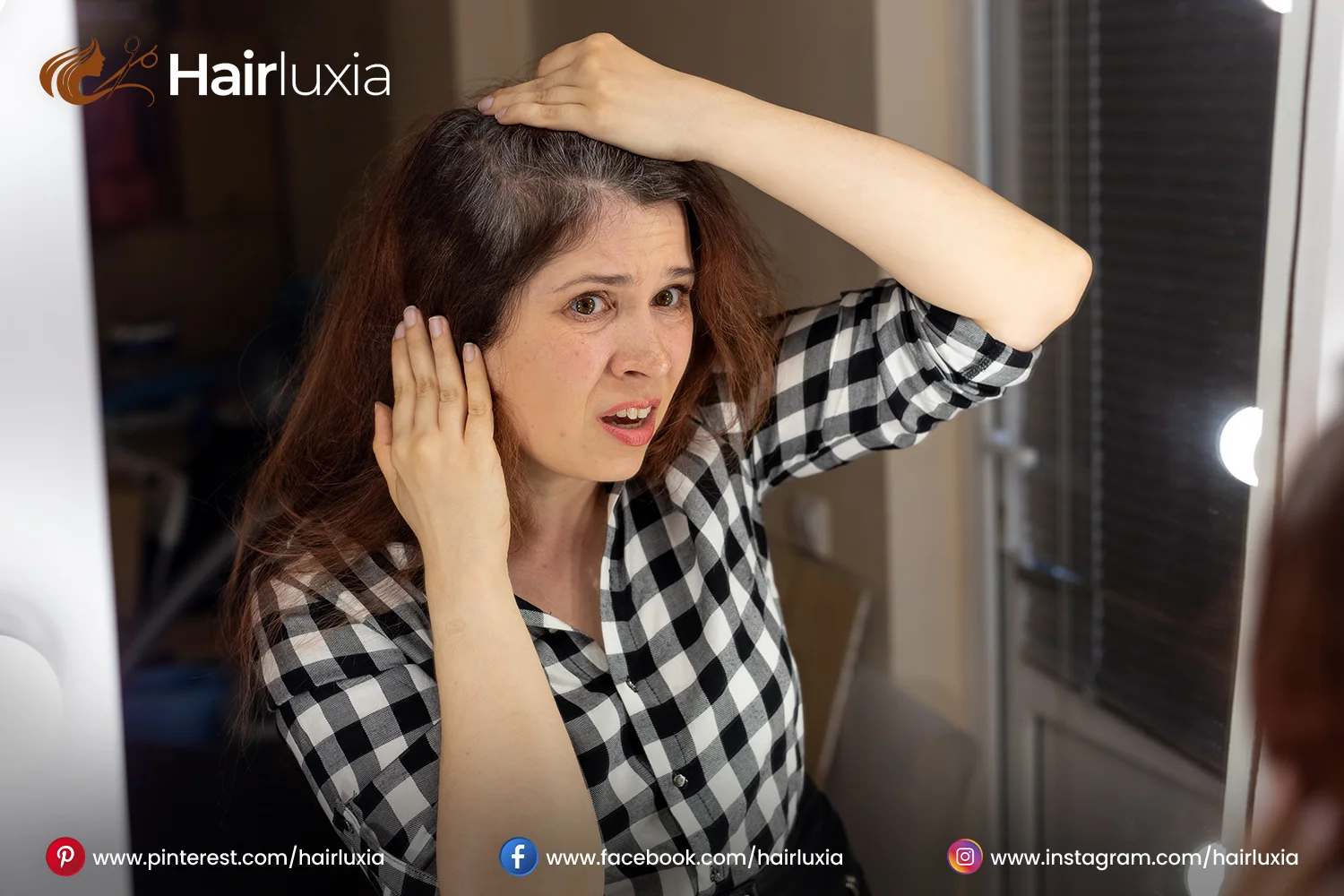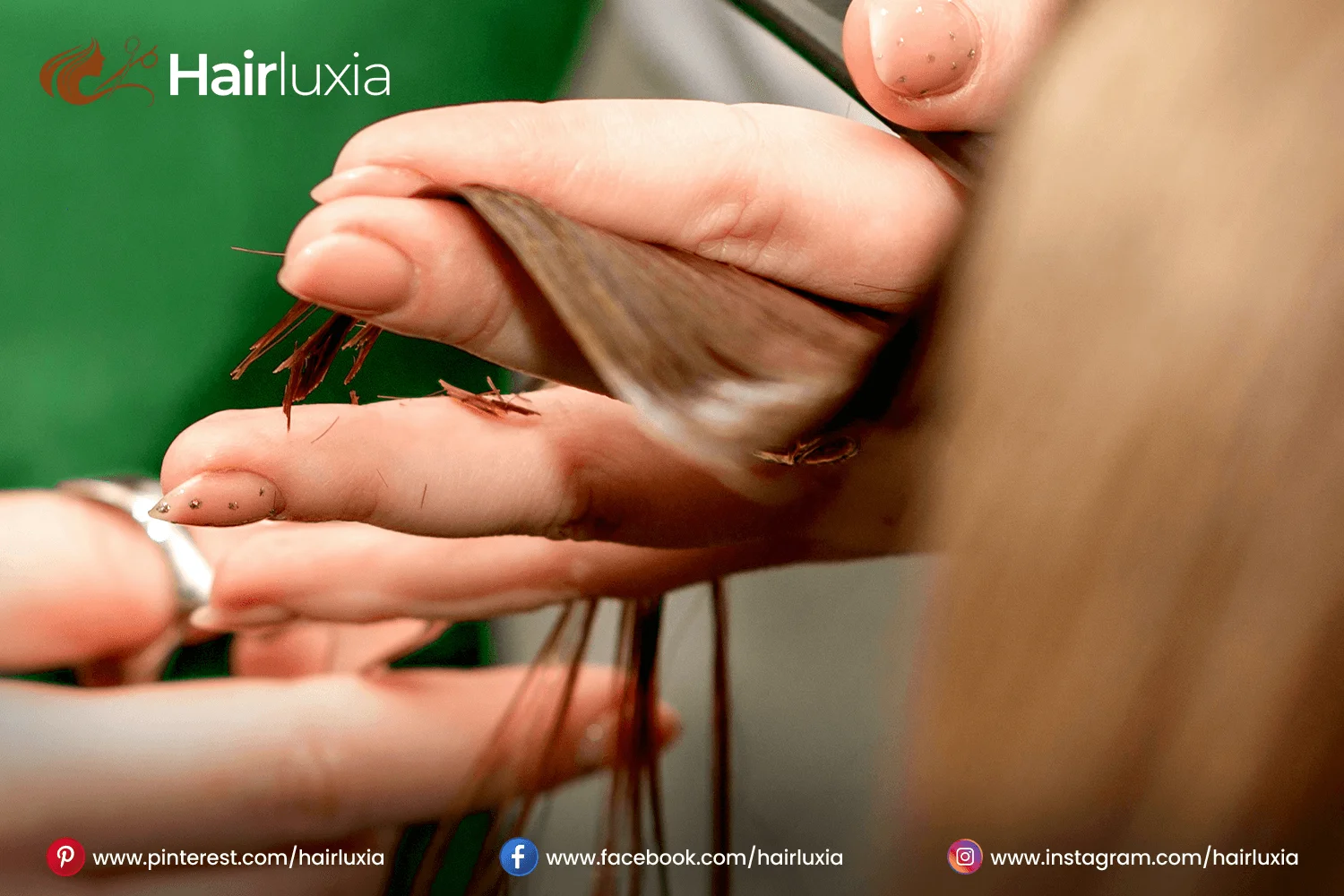Best way to come to be a hair transplant technician
How to Come to Be a Hair Transplant Technician
Becoming a hair transplant technician is a fulfilling career. You combine medical skills with the art of hair repair. You work equal with surgeons on delicate procedures that restore confidence.

This job requires a careful eye for detail and precise technique. You’ll learn how to transplant hair follicles thoroughly. More people are choosing cosmetic and reconstructive surgery. This means there are more steady job opportunities. You can also help change lives.
Hair Transplantation
Hair transplantation is a medical procedure that involves transferring hair follicles from one part of the body, typically the lower back or sides of the scalp, to areas experiencing hair loss or thinning. As one of the most effective and permanent solutions for hair restoration, hair transplantation has advanced significantly over the years.
Recent innovations include minimally invasive techniques such as Follicular Unit Extraction (FUE) and Platelet-Rich Plasma (PRP) therapy, which improve results and reduce recovery times.
With an increasing number of clinics offering cutting-edge technology and personalized treatment plans, hair transplantation has become an increasingly popular option for individuals seeking to restore their confidence and hairline.
What is a Hair Transplant Technician?
Hair transplant technicians play a crucial role in hair restoration procedures by assisting surgeons in the precise extraction and implantation of hair follicles. They are skilled in various techniques designed to optimize hair transplant outcomes.
Follicular Unit Extraction (FUE)
FUE is a popular and gentle method for hair transplantation. It involves removing individual hair follicles directly from the scalp using a small tool. Here’s why FUE is a great choice:
- Minimal Scaring: Leaves tiny scars that are hard to notice.
- Quick Healing: Patients feel less pain and recover faster.
- Natural Look: Creates a natural hairline that blends perfectly.
Follicular Unit Transplantation (FUT)
Follicular Unit Transplantation (FUT), also known as the strip method, involves removing a strip of skin from the donor area (usually the back of the scalp) to extract hair follicles. Key aspects of FUT include:
- Higher Graft Yield: This method allows for harvesting a larger number of grafts in a single session, making it ideal for individuals with extensive hair loss.
- Linear Scar: The procedure leaves a linear scar in the donor area, which can be noticeable if the hair is cut very short.
- Cost-Effective: FUT is often more affordable than Follicular Unit Extraction (FUE), especially for cases requiring a large number of grafts.
Direct Hair Implantation (DHI)
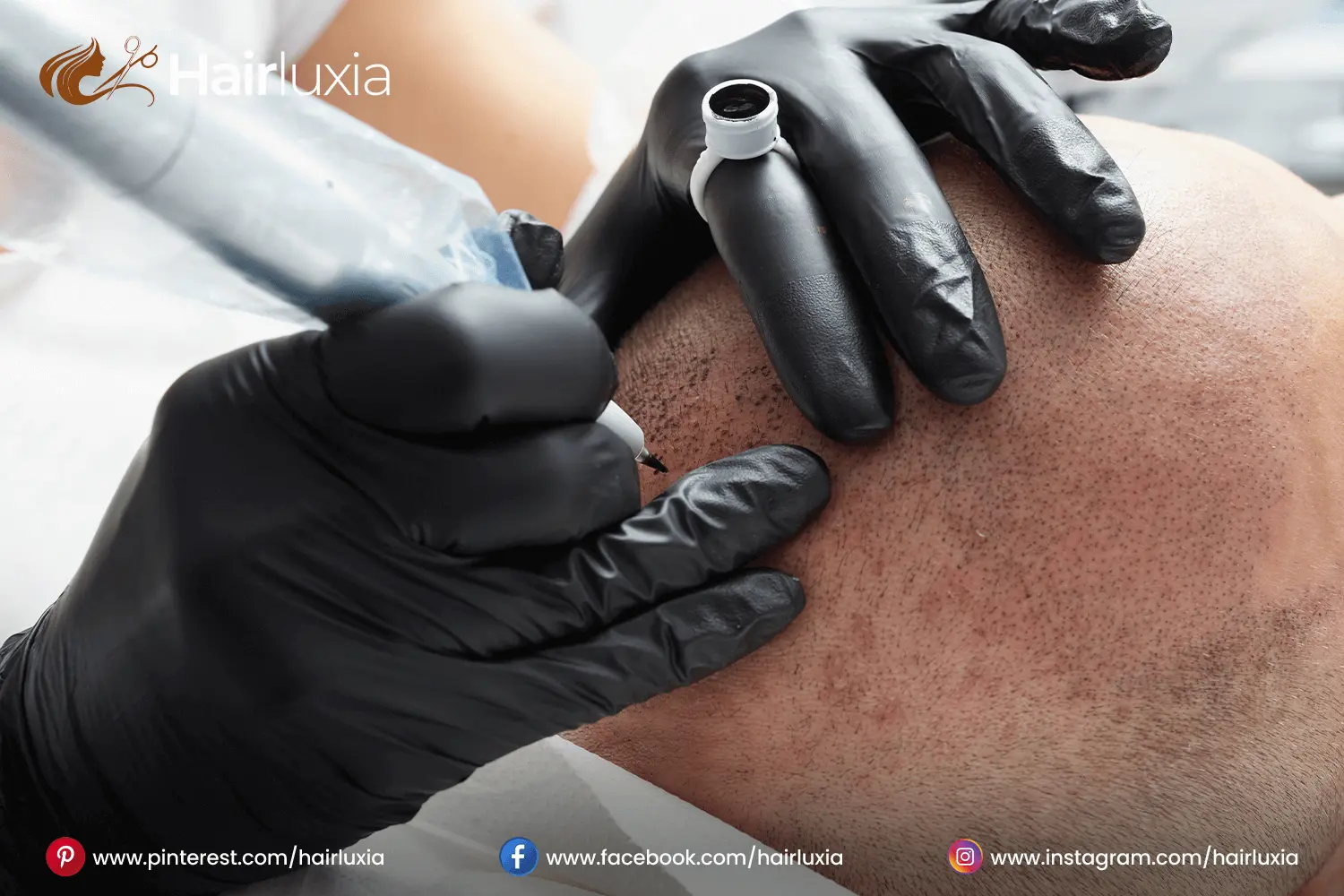
Direct Hair Implantation (DHI) is an advanced technique derived from Follicular Unit Extraction (FUE). In this method, hair follicles are extracted and implanted simultaneously using a specialized tool known as a Choi pen. Key benefits of DHI include:
- Enhanced Graft Survival: The direct implantation process minimizes the time follicles spend outside the body, improving their survival rate.
- No Pre-Incision Required: Grafts are placed directly into the scalp without prior incisions, causing minimal trauma and promoting faster recovery.
Robotic Hair Transplantation
Robotic Hair Transplantation is a high-tech method that uses robotic systems to assist in the Follicular Unit Extraction (FUE) process. Key advantages include:
- Precision: Robots provide enhanced accuracy during follicle extraction and placement.
- Reduced Human Error: The use of robotic tools ensures consistent and repeatable results, minimizing the chance of mistakes.
Scalp Micropigmentation (SMP)
Although not a transplant technique, Scalp Micropigmentation (SMP) is often used alongside other hair restoration methods. It involves tattooing tiny dots on the scalp to simulate the appearance of hair follicles, creating the illusion of a fuller head of hair. Benefits include:
- Non-Invasive: As no surgery is involved, it’s an ideal option for individuals looking for a quick solution.
- Quick Procedure: The procedure is typically completed in just a few sessions.
Each of these methods has its unique benefits and considerations. The best choice depends on individual factors, including the extent of hair loss, scalp condition, and personal preferences. Hair transplant technician Consulting with a certified hair restoration specialist can help determine the most suitable method to achieve the desired results.
Hair Transplant Technician Skills
Becoming a successful hair transplant technician requires a combination of technical abilities, interpersonal skills, and specialized knowledge related to hair restoration. Key skills required for this role include:
Technical Skills
- Surgical Proficiency: Understanding and performing various hair transplant techniques, including Follicular Unit Extraction (FUE) and Follicular Unit Transplantation (FUT).
- Precision and Attention to Detail: Carefully extracting and implanting hair follicles to ensure natural-looking results while minimizing trauma to the scalp.
- Knowledge of Anatomy: Familiarity with the anatomy of the scalp and hair follicles, including hair growth cycles and how to determine the best donor sites.
- Suturing and Wound Care: Skills of suturing techniques (for FUT) and post-operative care to ensure proper healing and minimize scarring.
- Equipment Handling: Proficiency in using specialized tools and equipment, including surgical instruments, microscopes, and graft storage solutions.
Interpersonal Skills| Hair Transplant Technician
- Patient Communication: Effectively communicating with patients to explain the rationale behind procedures, set realistic expectations, and address concerns.
- Empathy and Compassion: Understanding the emotional impact of hair loss and providing reassurance and support to patients throughout the process.
- Team Collaboration: Working closely with surgeons, nurses, and other medical staff to ensure smooth and efficient procedures.
Problem-Solving Skills
- Critical Thinking: Hair transplant technician Evaluating each patient’s unique goals and creating personalized treatment plans.
- Adaptability: Adjusting techniques and approaches based on individual patient progress and responses during procedures.
Organizational Skills
- Time Management: Effectively managing time during procedures to optimize patient flow and ensure thoroughness without rushing.
- Record-Keeping: Maintaining accurate and detailed patient records, including medical histories, procedural notes, and follow-up care plans.
Continuous Learning
- Staying Informed: Keeping up with the latest advancements in hair transplantation techniques, tools, and technology to provide the best care.
- Participating in Training: Engaging in workshops, seminars, and certification courses to enhance skills and knowledge.
Career Opportunities with a Degree in Hair Transplant Technology
With a degree or specialized training as a hair transplant technician, numerous career opportunities are available in the field of hair restoration and related areas. Some potential career paths include:
Hair Transplant Technician
A degree in hair transplant technology opens up various career opportunities within the growing hair restoration industry. Hair transplant technicians assist surgeons during procedures, prepare grafts, and provide patient care and education.
Technicians typically work in clinics, hospitals, or specialized centers, collaborating closely with medical professionals. With the increasing demand for hair restoration, technicians can advance into roles such as clinic management, patient consultation, or training.
Hair Restoration Specialist
A degree as a Hair Restoration Specialist offers various career opportunities within the expanding field of hair restoration. Trained in techniques like Follicular Unit Extraction (FUE) and Follicular Unit Transplantation (FUT), specialists consult with patients, create treatment plans, and perform surgical procedures.
They typically work in clinics, dermatology offices, or plastic surgery centers. With the growing demand for hair restoration services, there are many opportunities for career advancement in this rewarding field.
Medical Aesthetician
A degree in Medical Aesthetics offers numerous career opportunities in skincare and beauty. Medical aestheticians work in dermatology clinics, plastic surgery offices, and medical spas, providing advanced treatments like facials, chemical peels, and laser therapies.
They also educate clients on skincare routines and maintenance. The medical environment emphasizes hygiene and patient care, while embracing the latest techniques. With the increasing demand for non-invasive beauty procedures, medical aestheticians can enjoy rewarding careers that combine technology, health, and beauty.
Cosmetic Surgeon Assistant
A degree as a Cosmetic Surgeon Assistant offers career opportunities in beauty and plastic surgery. These assistants support surgeons, manage patient care, and handle pre- and post-operative responsibilities. They work in fast-paced environments, including surgical centers and hospitals, assisting with consultations and ensuring equipment sterilization.
Strong communication skills are essential for educating patients about procedures. The demand for skilled beauty healthcare assistants is growing due to the increasing popularity of cosmetic procedures and a focus on patient safety.
Hair Restoration Consultant
A degree in Hair Restoration Consulting opens up career opportunities in the growing hair loss treatment field. hair transplant technician Consultants work in clinics, salons, or medical offices, assessing clients’ hair loss and recommending treatments such as hair transplants.
Their role includes conducting consultations, educating clients, and providing ongoing support. The professional and client-focused environment requires strong interpersonal skills and a deep understanding of restoration techniques, offering rewarding careers with significant growth potential as demand continues to rise.
Clinical Research Coordinator
A Clinical Research Coordinator (CRC) manages clinical trials, ensuring compliance with guidelines and ethical requirements. With a degree in medical research, CRCs recruit participants, collect data, and collaborate with investigators.

They work in hospitals, academic institutions, and research organizations, offering several career opportunities in clinical trial management and regulatory affairs. This role is ideal for those passionate about advancing scientific research and improving patient outcomes.
Educator or Trainer
A degree in Education or Training opens up several career opportunities as educators or trainers in schools, colleges, corporations, and community organizations. These professionals design and deliver educational content, assess performance, and adapt teaching methods to meet the needs of diverse learners.
Work environments range from traditional classrooms to corporate settings or online platforms, requiring strong communication and adaptability skills to engage and guide individuals effectively.
Entrepreneur
A degree in entrepreneurship offers diverse career paths for those looking to start businesses or work in emerging fields. Entrepreneurs can launch ventures in sectors like technology and retail, focusing on market strategies, business planning, investment, and operations.
They often mentor others and work in dynamic environments that require adaptability. Whether independently, in small teams, or large organizations, entrepreneurs foster a culture of innovation and creativity.
Degree Required to Be a Hair Transplant Technician
To become a hair transplant technician, specific educational requirements and certifications may vary depending on the region and employer. However, the following degrees and qualifications are generally beneficial:
1. Associate’s or Bachelor’s Degree
A degree in nursing, dermatology, or health sciences provides essential medical knowledge. It helps in understanding patient care and treatment procedures.
2. Cosmetology License
Some regions need a cosmetology or aesthetician license. This proves expertise in hair and skin care.
3. Specialized Training Programs
Many technicians complete training programs focused on hair restoration techniques. These include both surgical and non-surgical methods.
4. Certification
Getting certified by organizations like the American Board of Hair Restoration Surgery (ABHRS) boosts credibility and career opportunities.
5. Continuing Education
Staying updated with the latest hair restoration technologies is crucial. Ongoing education and advanced training help technicians stay competitive.
Note: Requirements may differ based on location. Always check the specific qualifications needed in your area.
Conclusion
A hair transplant technician with an entrepreneurship degree learns key business skills. They know how to start and manage a business. Entrepreneurs bring new ideas and adapt to market changes.
They also mentor others and help businesses grow. This boosts the economy. Whether running their own business or working for a company, they make a big impact. The market is always changing, and they help shape the future.








